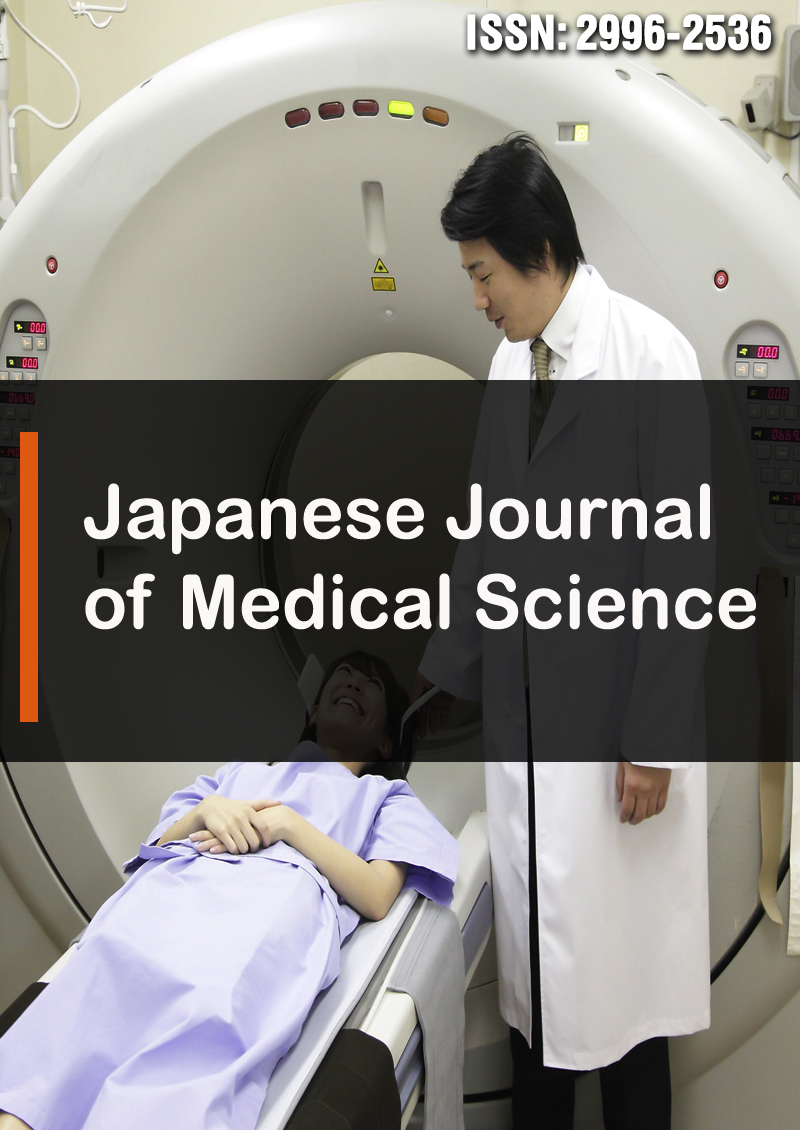Lectin Microarray Analysis of Antibodies to SARS-CoV-2 Elicited by COVID-19 mRNA Vaccine BNT162b2
Abstract
Ozan Fidan, Burcak Bilginer, Gokhan Metan and Meliha Cagla Sonmezer
The outstanding clinical efficacy of mRNA vaccines to the Severe Acute Respiratory Syndrome Coronavirus-2 (SARS-CoV-2) has shown a new direction in vaccine design and development. Accumulation of knowledge on neutralizing antibodies induced by the mRNA vaccines is necessary to ensure the future development of effective and safe mRNA vaccines, not limited to Coronavirus Disease 2019 (COVID-19). Here we performed lectin microarray analysis of vaccine-induced immunoglobulin (Ig) G along with total IgG derived from volunteers who were vaccinated with BNT162b2 (Pfizer/BioNTech) mRNA COVID-19 vaccine. Two types of vaccine-induced IgG to the spike and the receptor binding region (RBD) protein of the SARS-CoV-2 were isolated for comparative analysis with total IgG, revealing that distinct differences in glycan profiles that exceeded the differences among individuals, even from an extremely low amount of Ig such as 30 ng of Ig. In particular, the anti-RBD IgG, which demonstrated a uniform glycosylation pattern as the IgG group, showed an increase in fucose and a decrease in sialic acid compared to the total IgG, indicating similar glycan changes as previously reported. The lectin microarray, which can sensitively detect alternations and characteristics in glycan structures, might be used for large-scale analysis to assess the relationship between vaccine side effects and effector activity in the future.



